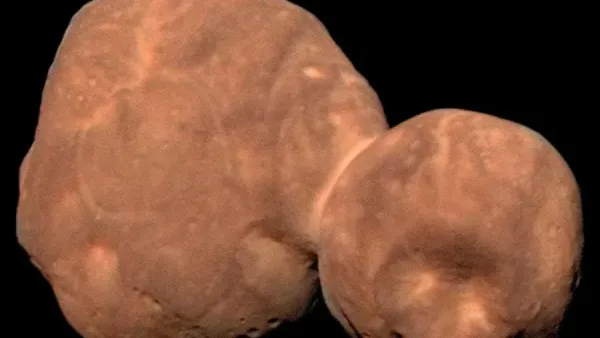Graduate student Greg Ledingham studies lead oxides in water and was awarded a prestigious NSF fellowship last year.

Greg Ledingham, a second-year graduate student in Earth and Planetary Sciences and McDonnell Center graduate fellow, was recently awarded a National Science Foundation Graduate Research Fellowship. The Graduate Research Fellowship Program (GRFP) aims to develop the scientific workforce in the United States with an emphasis on supporting future knowledge experts who can contribute significantly to research, teaching, and innovations in science and engineering.
Ledingham, working with advisor Jeffrey Catalano, studies the molecular-scale behavior of lead dioxides in water. Until the 1980s, lead was used widely in paint, gasoline, and water systems. As a result, this element is ubiquitous in the environment. Due to its prevalence and toxicity even at low concentrations, the U.S. Environmental Protection Agency has identified lead as one of the most problematic environmental contaminants.
“My research will help us understand corrosion rates in lead pipes and, more broadly, the ways in which lead moves on and off of mineral surfaces,” explained Ledingham. Mineral surfaces influence metal availability to organisms and affect the pathways by which metals are transported in soils, river systems, and other aqueous environments.
Apart from research, the GRFP emphasizes the importance of broader impacts. Ledingham will mentor a high school student through the STARS program and complete the WU-CIRTL scientific teaching program. Last spring, he worked with Raymond Arvidson, Fossett Laboratory staff, and two other graduate student AIs, John Christian and Nadia Sae-Lim, to enhance the EPSc 201: Earth and the Environment curriculum. The team added interactive 3D models of crystal structures and field sites in the Fossett Laboratory for Virtual Planetary Exploration as well as debates that explore scientific decision making under uncertainty.


